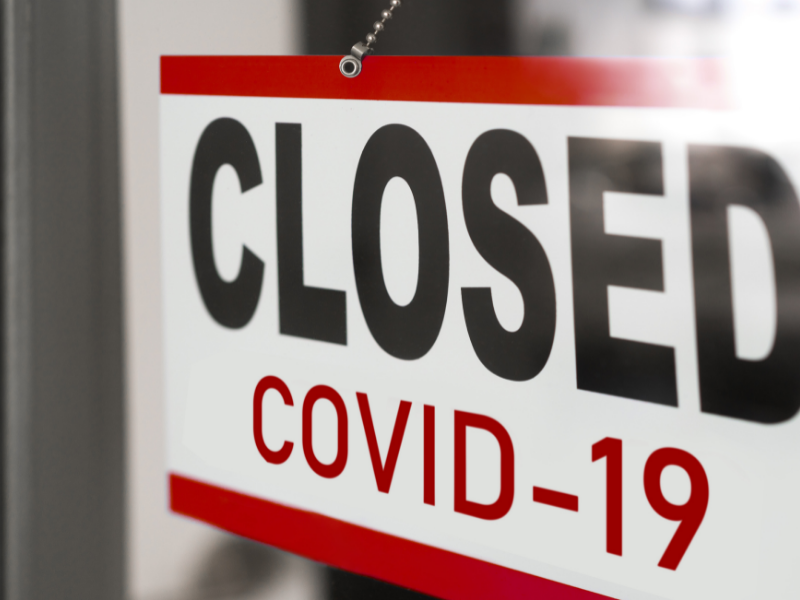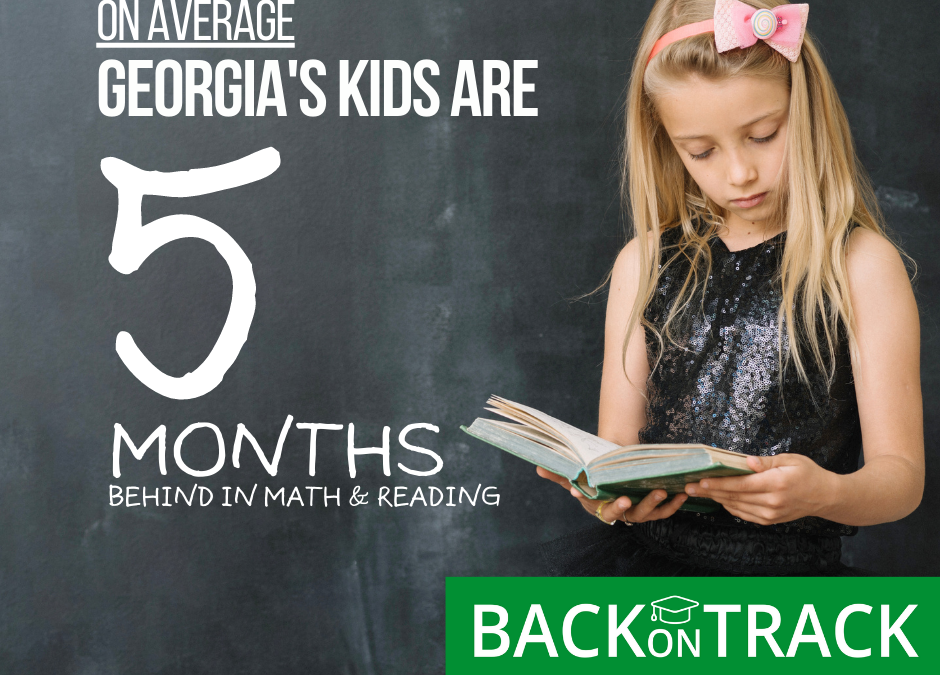Hudson is the third born in a family of five boys. His mom, Kristen, shared that both she and her husband went to public schools and they support the local system.
“We’ve always just said that we would send our kids to public school as long as there weren’t any type of issues,” Kristen said.
It was a no-brainer that they chose to enroll Hudson in a public school kindergarten. And he did well. But beginning in first grade, Kristen began to notice some problems with Hudson’s reading ability. He excelled in math and was considered gifted there, but he struggled with reading.
Kristen began using a private tutor to help Hudson with his reading and speech. By third grade, Hudson had an official diagnosis of a reading disability and a processing disability. The public school gave him an Individualized Education Plan (IEP).
Going into fourth grade, Kristen was concerned that Hudson would get lost in the larger class size, going from about 20 kids per class to 30.
The last straw was that Hudson would cry every morning before going to school. “We weren’t used to kids not liking school,” Kristen said. “He was just so upset every day. He just didn’t want to go.”
At that point, Kristen and her husband made a decision—to move Hudson from the local public school to The Bedford School in Fairburn, Georgia.
Now at the Bedford School, Hudson is thriving. His class size is no more than 10 students.
“At Bedford, I like to write, do social studies, reading class, and also math,” Hudson said. “I can tell that I’ve improved my reading and writing.”
Before, Hudson would stay quiet in class, embarrassed that he was behind in his subjects. But now at the Bedford School, his confidence has soared. Hudson is involved with intramural sports at Bedford and the kids are supportive of one another, always high-fiving.
What’s more, all of his teachers truly know him and take the time to provide individualized attention.
















